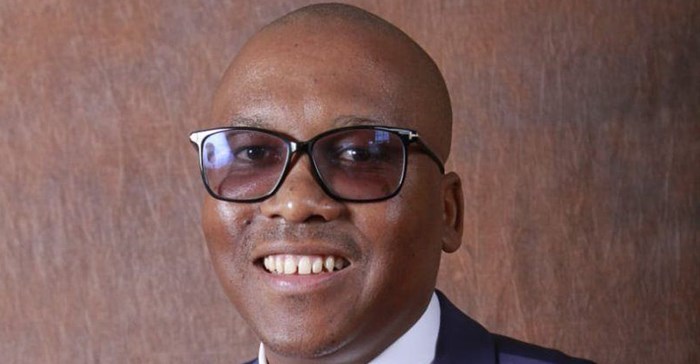
"Compliance with the Occupational Health and Safety (OHS) Act protects patients and healthcare providers. Without complying with this important legislation, health facilities are exposing doctors and patients to a high risk of violent or biological injury and even death. Non-compliance of OHS standards is unacceptable and urgent steps are needed to deal with those facilities which do not follow the rules,” says Dr Angelique Coetzee, chairperson of the South African Medical Association (Sama).
Coetzee’s comments come after the Gauteng Health MEC, Dr Bandile Masuku, noted that all public health facilities in the province – audited between 2017 and 2018 – failed to comply with OHS standards.
“This is a deplorable state of affairs. Our members are made to work in unsafe and dysfunctional public health facilities which severely compromises their ability to serve patients safely and effectively. OHS standards protect against violent or biological threats, but if there is little or no compliance, healthcare providers and patients are vulnerable and at risk,” she says.
However in his budget vote in July, Masuku said the department will allocate R1bn for the refurbishment and maintenance of health facilities in the province. And,at a media event this week marking his first 100 days in office , he alluded to the promises he made then and said by the end of the 2019/20 financial year, “all hospitals should be OHS compliant”.
Coetzee says that Sama hopes the commitment by the provincial government ensure compliance at healthcare facilities in fact materialises and is not merely paying lip service to OHS compliance.
In addition to calling on government to address compliance urgently, the association has called on its members to report instances of non-compliance of OHS standards to it.
Gauteng health facilities are also facing a severe staffing shortage. Fourteen of the province's hospitals are without CEOs, some as a result of the incumbents being under investigation for maladministration.
Chris Hani Baragwanath Hospital deputy CEO Sifiso Maseko was removed as acting CEO of the facility following accusations of corruption. Thelle Mogoerane Hospital CEO Nomonde Mqhayi-Mbambo was placed on special leave last year after staff reportedly said she ignored their warnings of overcrowding at the facility and the CEO of Dr George Mukhari Academic Hospital after the Office of the Premier launched a probe into alleged maladministration, according the a Bhekisisa report.
In his budget vote, Masuku said: "In order to improve the governance and achieve better clinical outcomes, we need the right skills in the right quantities. Although in Gauteng, the task of staffing our facilities is a fast-moving target, we are determined to meet the expectations. A total of 1,974 posts will be filled in the current financial year with an allocation of R778m. This amount also includes the grants for Extended Public Works Programme."
Coetzee says Sama is also shocked comments by the MEC at the media event that “MRI machines don’t save lives”, and that CT scans and X-rays are only used to approve a diagnosis. This was after he revealed that four of the eight machines in government hospitals in the province were not operational, leaving hundreds on a long waiting list for the service.
Masuku has subsequently back-pedalled, saying his statements were interpreted incorrectly by those who were making a case against the implementation of the National Health Insurance (NHI).
He said MRIs were needed in rare cases where other options had been exhausted. “Those conditions don’t come every day; they are very rare conditions and, where there is a need for an MRI, even for the private medical aid schemes, you need to explain as a clinician what you want to do and how it is going to benefit the patient.
“The NHI will be able to fund and pay for this, but it is going to be under the same conditions. The NHI will make us be able to buy more machines so that we can have them in most of the hospitals that don’t have and actually require those machines.”
According to Masuku, these machines cost upwards of R3m. In a revised assessment, he said only five out of the eight existing ones in government facilities in the province were functional, while the rest either had to be fixed or replaced.
However, Sama says the minister's assertions are ill-informed. "As medical professionals we do not regard these machines – and the data they provide – as luxuries. They are necessary for appropriate diagnoses of specific conditions, and inform the correct evidence-based treatments. In fact, MRI scans allow focused and appropriate treatment in a myriad of musculoskeletal conditions,” says Coetzee.
If South Africa is to achieve quality universal healthcare, there must be an appreciation and understanding of the importance of essential equipment, and for the government to maintain this equipment. A failure to maintain this equipment as a waste of already scarce resources.
Sadly, this results in not only the deaths of patients, but also contributes to medical negligence and related exorbitant claims,” she says.